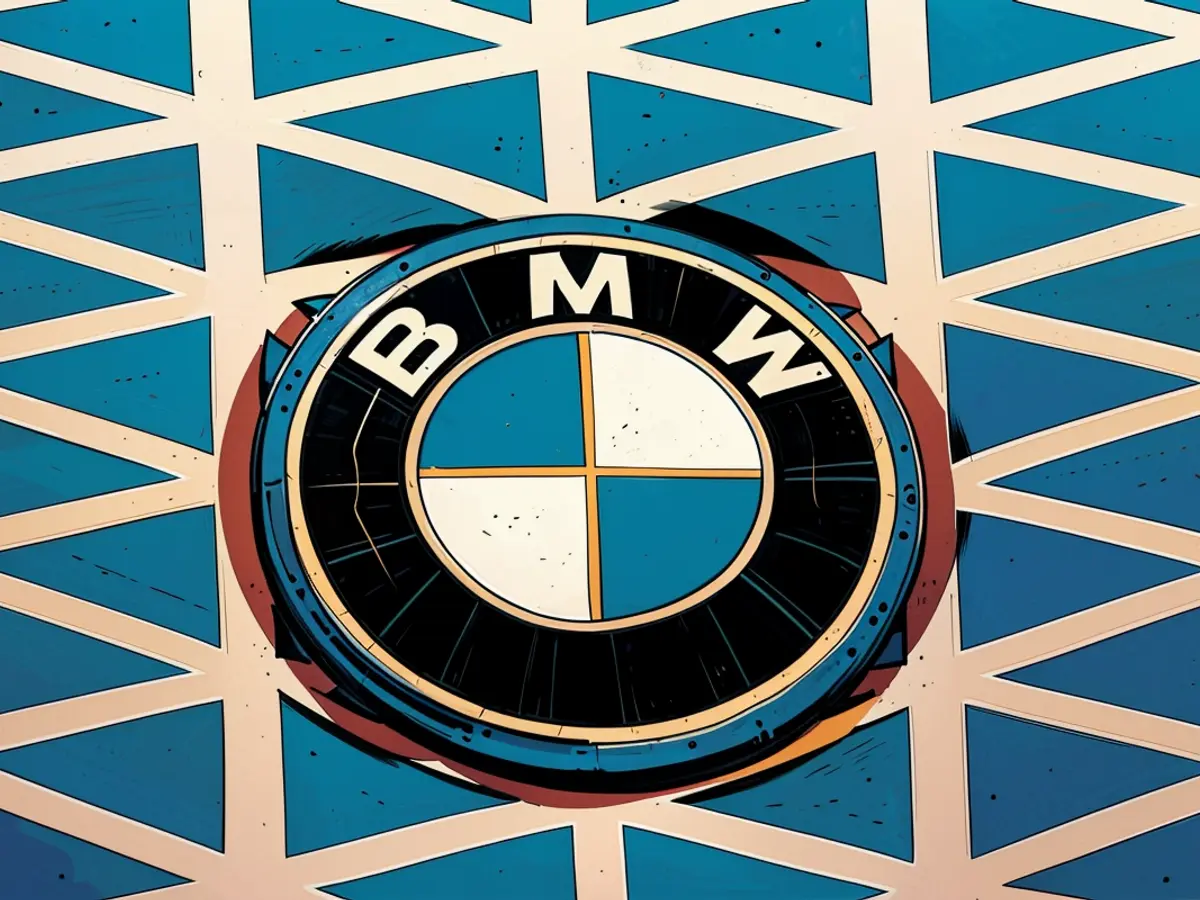BMW views no necessity for a decrease in the European CO2 emission norm from 2025.
BMW, the automobile giant, has no intention of loosening the stringent CO2 emissions standards set for 2025 in Europe. The company has been outperforming these targets in recent years, giving it a strong belief that it will achieve the more stringent fleet emissions targets for 2025 as well. Thus, they see no necessity for altering or postponing these 2025 targets, as stated on Thursday in Munich.
This stance sets BMW apart from Volkswagen and the German Auto Industry Association (VDA). VW's supervisory board chair, Hans Dieter Pötsch, suggested: "Electric vehicles will dominate, but it will take some time. Therefore, the CO2 targets for 2025, 2030, and 2035 need to be revised and adjusted to match current circumstances."
Germany's Minister of Transport, Volker Wissing, backs the call to bring forward the reassessment of the 2025 CO2 targets, stating that regulations should also be achievable in practice.
BMW insists on maintaining its commitment to continuous CO2 reduction in the transportation sector and has made necessary preparations. However, the EU is urged to conduct a thorough review of its CO2 fleet legislation, particularly the proposed ban on new gasoline and diesel vehicles after 2035.
The EU plans to further reduce CO2 emission limits in 2025 and may impose hefty fines as a consequence.
Carbon dioxide, a greenhouse gas, is primarily produced through the combustion of coal, oil, and gas. Its rising concentration in the atmosphere intensifies the greenhouse effect, thereby elevating Earth's climate temperature.
BMW's commitment to its fleet emissions targets for 2025, despite outperforming them in recent years, aligns with its BMW-branded vehicles on the roads. The German automaker has been investing heavily in electric and hybrid vehicles, further reinforcing its stance on reducing CO2 emissions.








